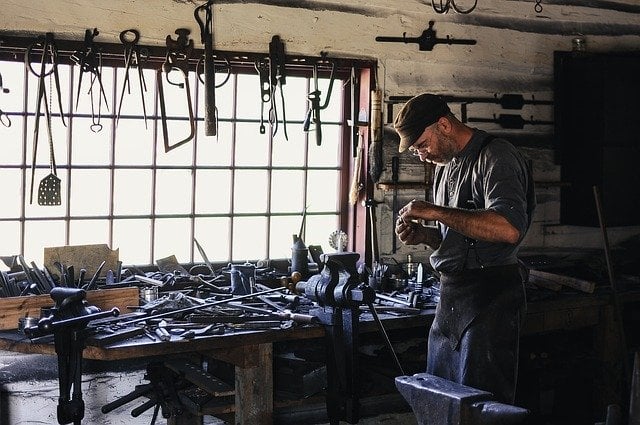Housekeeping is a very critical issue when it comes to safety. If your housekeeping habits are poor, the result may be employee injuries-or even death, and even difficulty in securing future work. How can such a “minor” issue have such serious consequences?
Here are some results of poor housekeeping practices:
- Injuries, when employees trip, fall, strike or are struck by out-of-place objects;
- Injuries from using improper tools because the correct tool can’t be found;
- Lowered production because of the time spent maneuvering over and around someone else’s mess, and time spent looking for proper tools and materials;
- Time spent investigating and reporting accidents that could have been avoided;
To avoid these concerns good rules to remember are:
- Clean up after yourself. Pick up your trash and debris and dispose of it properly, or place it where it will not pose a hazard to others. Institute a routine cleaning schedule.
- Keep your work area clean throughout the day. This will minimize the amount of time needed to clean a “larger mess” at the end of the day.
- Dispose of combustibles and flammables properly. If improperly discarded, they will increase the potential for a fire.
- Remove protruding nails and other sharp objects or hammer them flat to prevent someone from stepping on them or snagging themselves.
- Stack materials and supplies orderly and secure them so they won’t topple.
If you value your health and safety, your work reputations, as well as your future employment practice these general housekeeping rules.
Article provided by: Simon Mac Innis, Quality, Health, Safety, Environment and Security Specialist


Comments are closed.